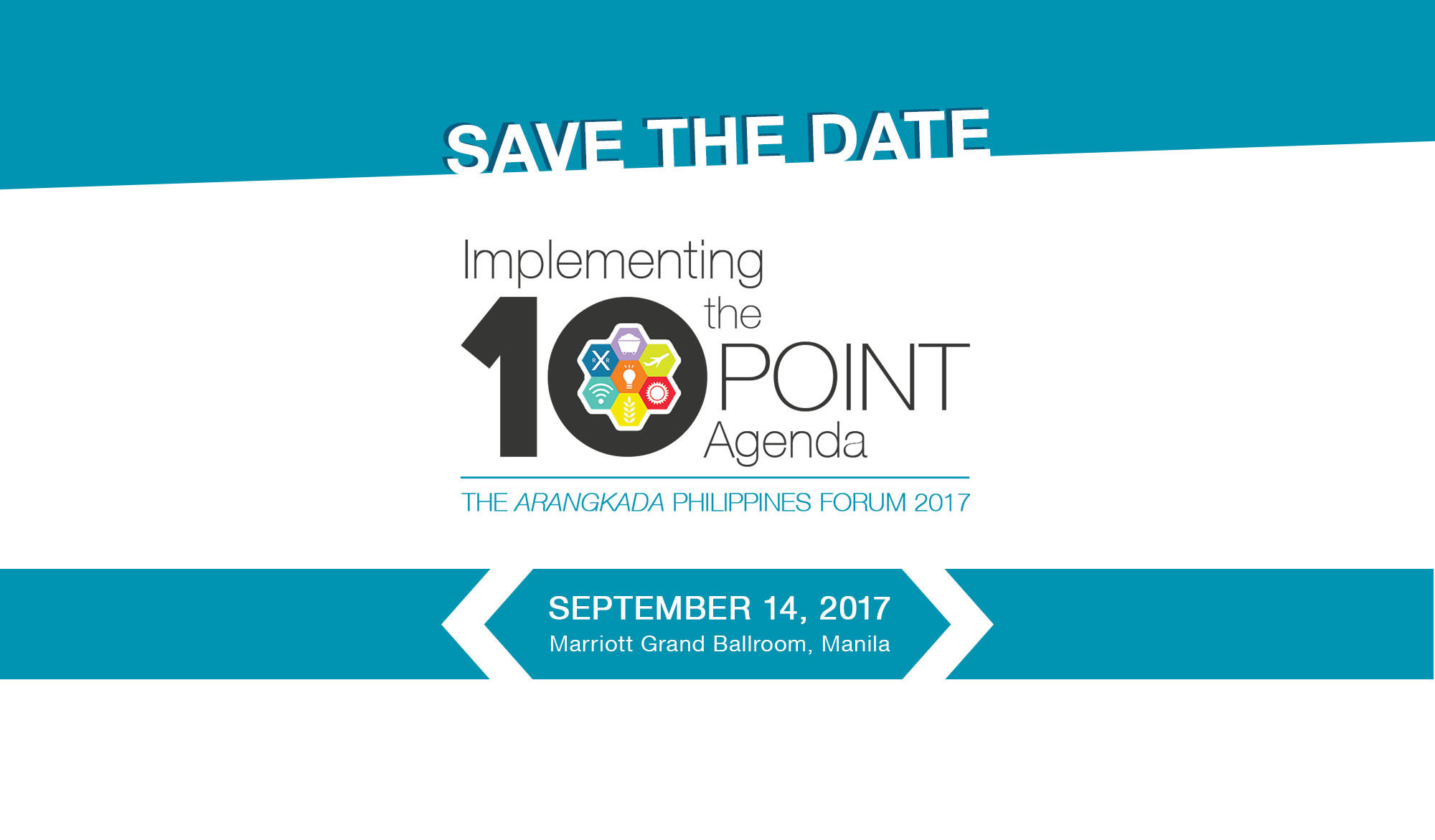By Melito Salazar Jr. | Published
If we want change to happen, there is a need to constantly and continually hammer on the advocacies that we espouse. Once we stop, there will be absolutely no chance for change to occur. That is why I understand and appreciate the unceasing efforts of family, friends, and sympathizers of Jonas Burgos who, up to today despite the frustrations including the acquittal of the military officer allegedly responsible for his disappearance and the non-appearance of witnesses, continue to persevere in ferreting out the truth.
Their hope is that at some future time they will succeed. Their yearnings are bolstered by recent developments that seem to indicate the creeping sensitiveness of the Duterte administration to public sentiments. The Duterte decision to make the PDEA the lead government agency in the fight against drugs and shifting the PNP focus to criminality is an example how overwhelming public concern can lead to meaningful change.
It is not only in societal issues that continuity of advocacy can produce results. A good example in the business arena is Arangkada Philippines, a derailed source of policy documents with recommendations from the foreign investment community to support increased foreign investment and the resultant job creation. Since the late 2010, Arangkada has prepared and published five policy briefs and seven policy notes in addition to its original book – Arangkada Philippines 2010: A Business Perspective. While sponsored by the seven members of the Joint Foreign Chambers of the Philippines (JFC) the policy papers and notes are a product of a consultative process involving academe, other thought leaders in a diverse field of expertise and other businessmen.
Building on the Seven Big Winner Sectors (agribusiness, business processing management, creative industries, infrastructure, manufacturing and logistics, mining and tourism, medical travel, and retirement), the recommendations are monitored to indicate progress and a sense of the seriousness of government. They are complemented by other reforms in the general business climate – business costs, environment and natural disasters, foreign equity and professionals, governance, judicial, labor, legislation, local government, macroeconomic policy, security, social services for education, health, and population and poverty.
Progress of implementation are brought up to the highest level of the Philippine government like President Benigno Aquino just as was done in March 7, 2016. Recently, the JFC organized the six annual Arangkada Forum on the theme “Implementing the 10-point Agenda of the President Rodrigo Duterte Administration” with five panels discussing key programs, policies, and programs supporting the agenda and grouped as follows: Muscling the Economy: Filling the Infrastructure Gap; Philippine Industrial Revolution: Manufacturing, Logistics, and Mining; Game Changers: Agribusiness, Creative Industries, and Tourism; Disruptive Technologies: Artificial Intelligence, Big Data, Drones, Robots, etc.; and Philippine Workforce 2030: Human Capital Challenges and Solutions. Even just a cursory look at the Duterte economic agenda reveals that much is anchored on previous recommendations of Arangkada and thus it was not difficult to marry the two and identify priority areas for action. Such areas can be gleaned from comparing 2017 metrics with 2016 such as average broadband speed at 4.5 Mbps compared to 1Mbps; BPO employment of 1,300,000 compared to 536,128; foreign direct investment of $7.9 billion in contrast to $1.1 billion; and unemployment rate of 5.5% compared to 7.30%.
Accomplishments are clear but the road ahead is replete with challenges for the Philippines still lags behind its ASEAN partners in terms of overall competitiveness. The World Economic Forum 2016-2017 Global Competitiveness Report identified problematic areas that affect competitiveness – inefficient government bureaucracy, inadequate supply of infrastructure, corruption, tax rates, tax regulations, policy stability and restrictive labor regulations.
It is clear that while the 10-point Duterte agenda addresses some of these areas, it can only succeed if all of the areas are acted upon. We are fortunate that we have JFC through Arangkada that will continuously monitor and sustain their advocacy for inclusive economic growth. One wishes all other advocates would ascribe to continuity and sustainability. Only then can real change occur.
